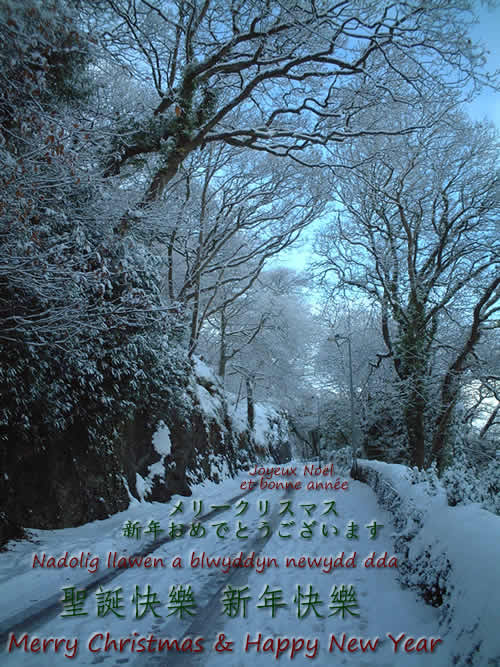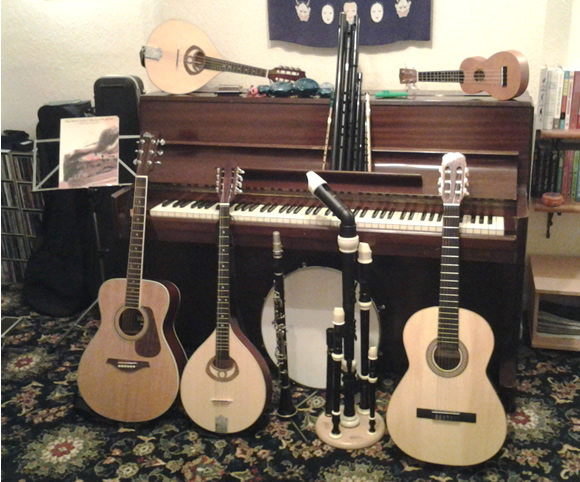Last night the Bangor Polyglot conversation group met for the first time. I’ve been wanting to set up a group like this for a while as a way to practice my languages and to meet other polyglots. Last month it finally started to come together: first I found a suitable place and time for it to take place – I chose the Ship Launch Inn near Bangor pier because it’s quiet on a Monday night, the only night I have free at the moment. Then I posted about the group on the Bangor couchsurfing group, and set up a Facebook group.
I wasn’t sure if anyone would be interested or would turn up, but was reassured when a number of people have joined the Facebook group and/or have expressed an interest on the Couchsurfing group. In the end two others came last night – a Welsh lass who speaks Welsh and is learning Cornish; and a Cornish lad who speaks German, and is learning Cornish, Welsh, Dutch and Finnish. They are both interested in language and languages in general, and in conlangs, and are frequent visitors to Omniglot – surprisingly, even though over 50,000 people a day visit Omniglot, I rarely meet people who know the site well. We talked mainly in English and Welsh, with a bits of German, Dutch, Breton, French, Irish, Finnish, Japanese in the mix.
Have you taken part in any similar groups?

